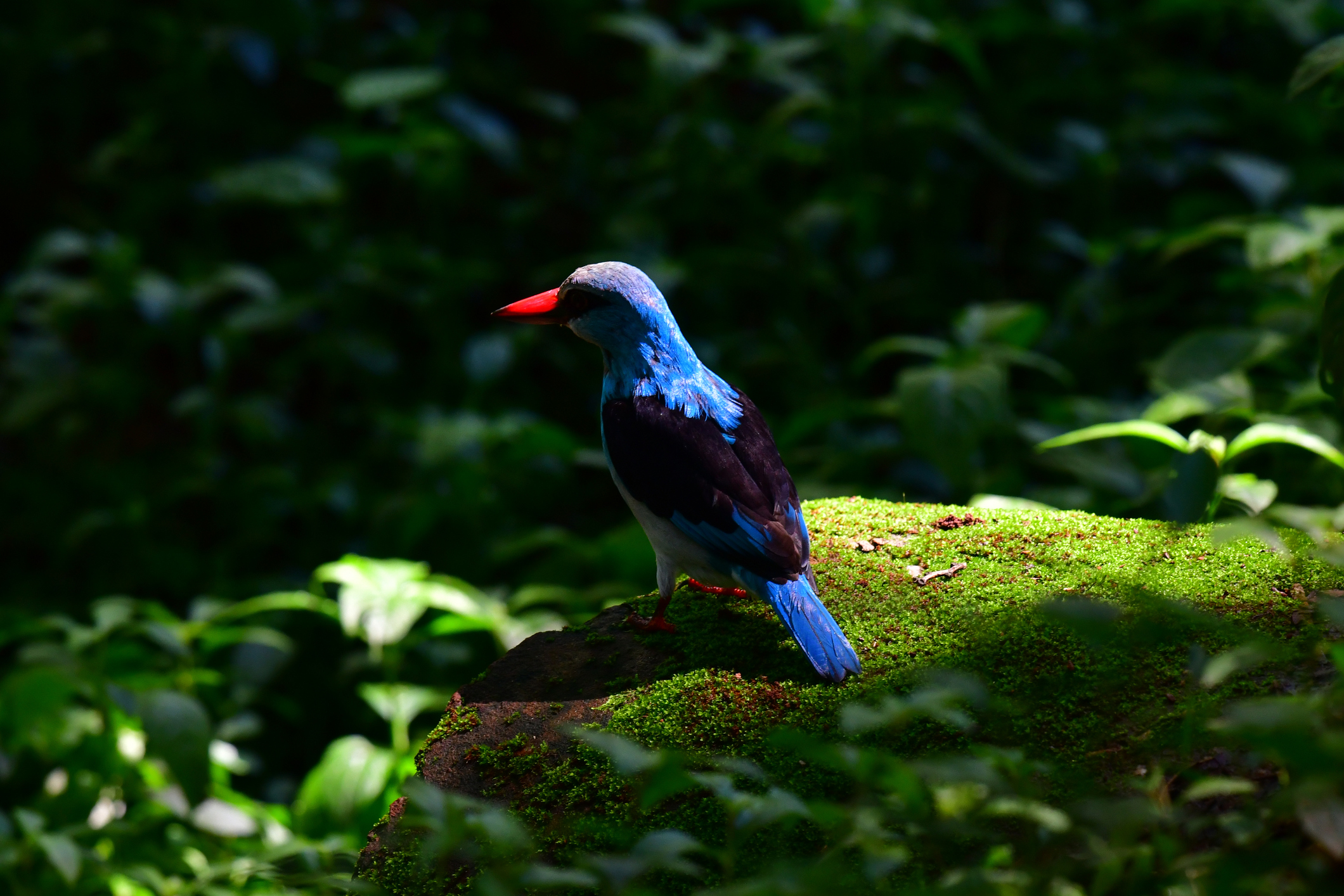
The world faces an incredibly tricky land crunch over the coming decades. On the one hand, we want to protect more wildlife, having realized the critical role nature plays in limiting climate change and sustaining human life. On the other hand, we want to generate more energy than ever before for fast-developing countries in the Global South, and transition the entire world to renewables. That’s going to require a lot of new power plants and mines, which can be devastating for wildlife.
A study published today in the journal Biological Conservation highlights that mammoth clash of interests. Researchers looked at a list of 15,150 areas of land that conservation groups have classed as the world’s most important for protecting biodiversity. They compared those areas with a map of all the mining and energy projects that exist or are planned globally.
Already, 5% of the key biodiversity sites contain mines, 14% contain oil and gas infrastructure, and 2% contain power plants. If all the planned projects came to pass, that would increase to 20%, 24%, and 11% respectively.
The overlap will be particularly bad in biodiversity hotspots like Brazil, central Africa, and parts of east and south Asia. That creates an enormous challenge for policymakers in those areas as they balance global conservation goals with the economic opportunity of energy generation and resource extraction.
Fossil fuel projects, present and future, have the biggest footprint, and the harm they can do to plants and animals is well understood. Oil and gas infrastructure tends to be built in incredibly remote places, disrupting previously pristine habitats. Construction activity on two pipelines in Nigeria’s Niger Delta in the 2010s, for example, drove the clearing of more than 9 million trees and triggered a “colossal loss” of biodiversity, according to a 2014 study. Even once finished, oil and gas wells and pipelines can leach potent chemicals into nearby ecosystems, or kill thousands of creatures in a few seconds during major spills.
But the researchers noted that a large chunk of the future threat to wildlife will come from efforts to transition to renewables and combat climate change. Clean energy sources like solar, wind, and hydropower require much larger areas of land to produce the same amount of energy as fossil fuels. Clean technologies like electric vehicles, batteries, and wind turbines require vast amounts of metals and minerals, which is driving a new global mining boom.
Clean energy infrastructure doesn’t necessarily need to be as harmful to wildlife as its fossil fuel predecessors. The lithium mining sector, whose huge water consumption has dried up the sources that humans and wildlife depend on in South America, for example, is trying to develop more sustainable methods of extraction. Meanwhile, some wind power companies are trying to reduce their industry’s toll on bird populations by choosing sites less visited by birds, and trialing sensor technologies to prevent collisions with threatened species.
But the study’s authors say authorities need to do more to make sure those kinds of efforts become mandatory. “More effective application and wider adoption of biodiversity policies by both governments and the financial sector is needed to ensure global infrastructure development avoids impacts on biodiversity,” they write.
“We recognise that infrastructure is essential to human development, but it’s about building smartly,” said Ash Simkins, a Zoology PhD student at the University of Cambridge who led the study. “This means ideally avoiding or otherwise minimizing infrastructure in the most important locations for biodiversity. If the infrastructure must be there, then it should be designed to cause as little damage as possible, and the impacts more than compensated for elsewhere.”
A version of this story also appears in the Climate is Everything newsletter. To sign up, click here.
More Must-Reads from TIME
- Cybersecurity Experts Are Sounding the Alarm on DOGE
- Meet the 2025 Women of the Year
- The Harsh Truth About Disability Inclusion
- Why Do More Young Adults Have Cancer?
- Colman Domingo Leads With Radical Love
- How to Get Better at Doing Things Alone
- Michelle Zauner Stares Down the Darkness
Write to Ciara Nugent at ciara.nugent@time.com